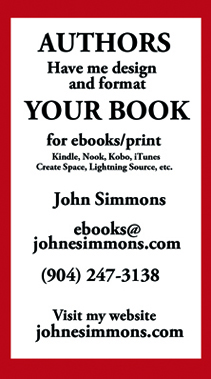 The traditional publisher Penguin/Pearson acquired Author Solutions back in 2012 for $116-million and merged with Random House in 2013. Author Solutions operates under different names, such as iUniverse, BookTango, AuthorHouse, Trafford, Xlibris, Palibrio and others. The company’s business model makes money by selling publishing packages to authors. Critics say the service is far overpriced – some even call it unethical.
The traditional publisher Penguin/Pearson acquired Author Solutions back in 2012 for $116-million and merged with Random House in 2013. Author Solutions operates under different names, such as iUniverse, BookTango, AuthorHouse, Trafford, Xlibris, Palibrio and others. The company’s business model makes money by selling publishing packages to authors. Critics say the service is far overpriced – some even call it unethical.
The price of that package, by the way, is a staggering £2,221 (approx $3,400). But that’s not even the most expensive marketing add-on that Author Solutions aggressively upsell when customers’ books, inevitably, fail to find any readers (thanks to shoddy covers, terrible editing and proofing, anemic book descriptions, poor formatting, and incorrect attachment of metadata such as categories).
Author Solutions uses any customer complaints as an opportunity to guilt their customers into buying various overpriced marketing services. Their sales reps know exactly which buttons to press, and they are very good at it too. According to their own figures, Author Solutions makes a full two-thirds of its revenue from selling services to authors (rather than, you know, selling books).
They say the company sells pricy packages to authors who will never make the money back. The experiment by Penguin seems to be a boondoggle.
Traditional publishers always invested in their authors. They spent time and money editing, promoting and improving the books. Author Solutions does none of that. Just like Amazon and Barnes and Noble (which charge no fees until you sell something), AS has no standards. You pay the money, but have to do all the work yourself. It’s like the old days of the vanity press. You wrote a book, then paid to have copies printed. The printer didn’t care what you had written.
A constant refrain of this blog is quality. You must be sure you have written the best book you have. While we have easier access to potential readers, the competition is still fierce. Write well.

